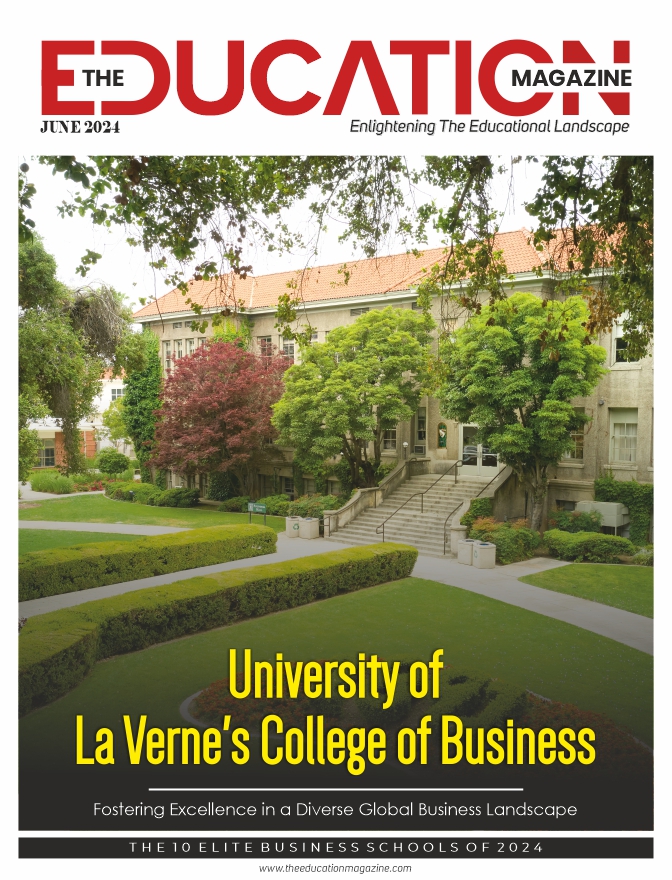As we know the coronavirus pandemic is not going to end soon, masks have now become mandatory across much of the world. It is strongly recommended in hopes of stopping the spread of the coronavirus. However, it’s recommendations have been controversial in some areas due to low supplies. Masks have been used by aware people, but unfortunately, these new medicare accessories have given people a new item to litter.
The rise of disposal masks and gloves is adding to the glut of plastic pollution threatening the health of oceans. Marine life is already struggling against the pollution of cigarette butts, empty bottles, and discarded food wrappers. In addition to these, rubber gloves and surgical masks are now littering many city streets as well. Discarded items on the street easily get washed down drains during storms, and eventually, end up in the ocean or other waterways. Surgical masks and gloves are found damaging to the environment because they are often made out of fabrics and plastics. Because they are not biodegradable and come in colors, they attract marine animals.
In Asia, these masks and gloves are in use for a few months now, but conservation groups are reporting that these items are already making their way into the nearby waterways and oceans. In February, the conservation group OceanAsia posted photos of Hong Kong beaches, where gloves and masks were scattered all over the sand, and floating in the water.
“The way I see these masks in the environment is just another addition to the ever-growing marine debris crisis our oceans are facing. No better, no worse, just shouldn’t be there in the first place. I’m waiting to hear of the first necropsy that finds masks inside a dead marine animal. It’s not a question of if, but when,” Gary Stokes, The Independent.
A similar trend have been noticed by some environmentalists in the United States, as the use of masks and gloves continues to be more common in the country. Maria Algarra, the founder of the Miami-based environmentalist group “Clean This Beach Up,” has started a hashtag campaign called #TheGloveChallenge. She has encouraged people to take photos of discarded gloves and masks to illustrate how much of a widespread problem this littering is.
Algarra has received nearly 2,000 photos of discarded gloves and masks from all over the world. In some cases, people have even pitched in and helped to clear up the discarded items, but Algarra has advised her supporters to only pick up the items if they have personal protective equipment.
“With the glove challenge, it’s about education. That’s the key for us to do better as a community and as humans. We can’t expect people to change their ways if they don’t know what they’re doing wrong. Plastic breaks down into smaller and smaller pieces until micro-plastic is everywhere. It’s toxic and it’s in what we’re eating and drinking. There’s no way to clean up micro-plastics. Once trash makes it into the ocean and breaks into smaller pieces, it’s almost impossible to take it back,” Algarra said.













